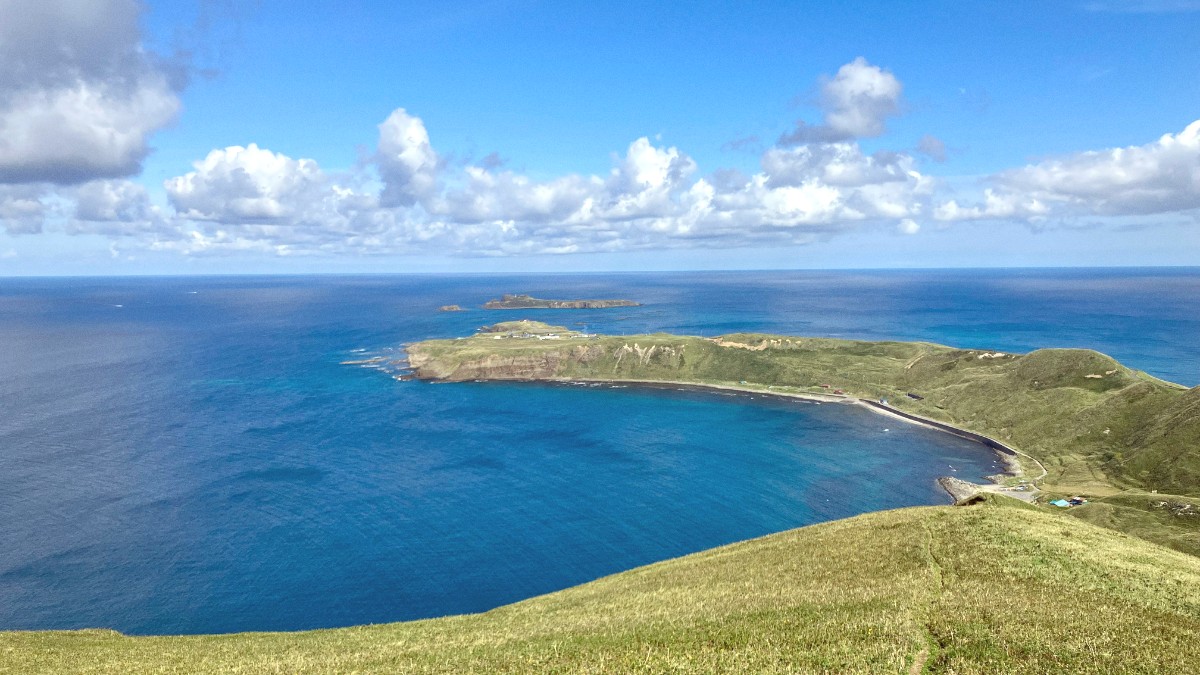
Macau
CTM and SmarTone are the main mobile operators in Macau, both with good Peninsula coverage. Pre-paid SIM cards for tourists are available at the airport, ferry terminals, or official stores. Passport registration is necessary.
Free Wi-Fi is widespread in Macau, at hotels, cafes, restaurants, malls, and public areas. "WiFi Go" hotspots are found in many tourist spots. Hotel Wi-Fi is standard.
Macau Post Office (Correios de Macau) offers comprehensive postal services. The main post office building is a historic landmark near Senado Square.
Cantonese and Portuguese are Macau's official languages; Cantonese dominates daily life. English is spoken in tourist areas and by younger generations. Signs are often bilingual or trilingual.
Learning a few basic Cantonese phrases shows respect for local culture and aids interactions.
Operating hours for businesses and public services in Macau.
Government offices: Mon-Fri, 9 AM-5:45 PM (with lunch break). Shops: 10 AM-10 PM (malls), varied for local shops. Restaurants: widely varied, some 24/7 in casinos. Casinos: 24/7.
Banks: Mon-Fri, 9 AM-5 PM; some Sat mornings. ATMs are widely found outside banks, in malls, and casino resorts. They accept most international cards (Plus, Cirrus, Visa, MasterCard).
Macau observes Chinese holidays (Lunar New Year, National Day) and Western/Portuguese holidays (Christmas, Labour Day). Major Chinese holidays bring high visitor numbers, leading to crowds, booked hotels, and higher prices. Local shops may have reduced hours.
Few seasonal closures generally apply in Macau, apart from those linked to major public holidays or during typhoon warnings.
During major Chinese holidays, notably Lunar New Year and Golden Week, Macau experiences significant tourist traffic. Booking accommodation and transport well in advance is a good idea.
Check public holiday calendars before booking to manage expectations regarding crowds and availability.
A simple "hello" in English is fine. A slight nod is common. "Nei Hou" in Cantonese is appropriate. Handshakes are common in business or new introductions.
Casual wear is generally acceptable for most tourist activities. When visiting temples, churches, or sacred spaces, modest attire is recommended.
Tipping is not customary in Macau; a 10% service charge is often included in bills at nicer restaurants. Sharing dishes in Chinese restaurants is common.
Photography is generally allowed in public areas and most tourist sites. Restrictions apply in certain locations.
Adopting a respectful and observant approach to local customs enriches your travel interactions.
Macau continually improves its accessibility, though older areas still present challenges.
Newer developments like casinos and malls typically offer good accessibility, with ramps, elevators, and accessible restrooms. The Historic Centre, however, presents challenges.
Macau Tower, most major casinos, and their integrated malls are generally accessible. Some museums may be partially accessible. Public transport options for mobility challenged individuals are developing.
Specialized services for tourists with visual or hearing impairments are limited. Most public signs are bilingual (Chinese/Portuguese), with English often included, which aids navigation.
For specific inquiries regarding accessibility, the Macau Government Tourism Office is a contact point. Local disability organizations may also offer valuable information or assistance.
Plan your routes in advance, prioritizing newer areas for easier movement, while being mindful of challenges in historical districts.